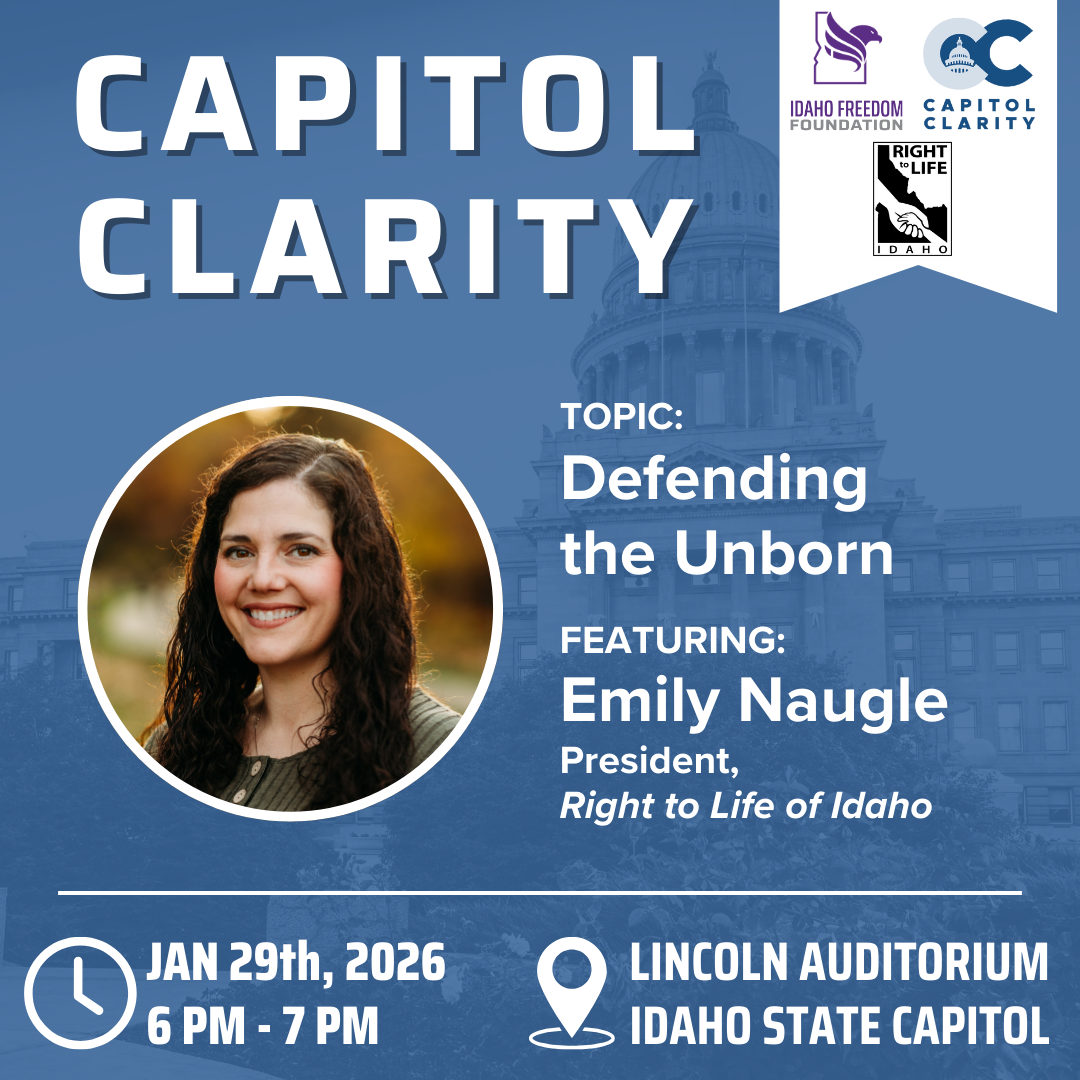
Some members of the Idaho Legislature’s budget committee aren’t enthused about Gov. Butch Otter’s 2017 budget, which calls for large amounts of new spending.
Otter’s budget blueprint hikes state 2017 general fund spending by more than 8.5 percent, which exceeds his office’s projected 4.9 percent revenue growth.
In raw dollars, Otter wants more than $200 million in new spending,with more than $100 million for education, $5 million to freeze tuition for college students, and $30 million for a new welfare program.
But the governor’s wishes might meet a wall in the Joint Finance-Appropriations Committee, where panel lawmakers consider Otter’s requests and decide spending amounts. Three members, Rep. Jason Monks, R-Meridian, Rep. Wendy Horman, R-Idaho Falls, and Sen. Jim Guthrie, R-McCammon, worry the governor might have loosened the purse strings too much.
Monks, one of the committee’s most conservative members, didn’t pull punches when asked about the governor’s spending plan.
"A budget that increases spending by 7.3 percent in any economic environment is cause for concern,” Monks told IdahoReporter.com “I was disappointed to see that with a budget that is expected to grow by more than $220 million dollars didn't provide any tax relief.”
Horman offered more reserved criticism.
“I think the governor had a very optimistic budget,” Horman said. “I think there’s some concern around the [Capitol] that it’s a little more optimistic than we can afford.”
Otter’s budget particularly irks the House’s conservative faction because it comes less than a year after the governor and party leaders rammed through a $95 million tax-and-fee hike in the 2015 session. Despite growing government revenues, Otter did not include any tax relief in his 2017 budget.
Regardless, the Idaho House approved a $22.8 million tax cut bill earlier this year. During debate on that measure, Nampa Republican Rep. Robert Anderst said last year’s tax hike, plus the new money for education, prompted him and colleagues to give something to taxpayers.
But not everyone sees it that way.
Guthrie separates the tax hike, which funded road and bridge repair, and Otter’s 2017 spending plan, which funnels millions into schools and teacher pay. Because he doesn’t tie the two issues together, he says his vote isn’t forced one way or the other.
“Just because we did some tax-raising last year to address a specific need doesn’t mean we have to give relief this year,” Guthrie said during a phone interview.
Horman also separates the tax hike and the call for tax relief, but she comes to a different conclusion. Though she also tries to work on budgets one year at a time, she believes the Legislature can afford tax relief and future education spending commitments.
“That’s why I voted the way I did,” Horman said, in regard to her support for Moyle’s tax cut bill, which now awaits consideration in the Senate.
The House’s two budget committee leaders, Co-chair Maxine Bell, R-Jerome, and Vice Chair Marc Gibbs, R-Grace, voted against that tax cut.
Besides a lack of tax relief and massive increases in spending levels in Otter’s budget, Monks, Horman, and Guthrie have another reason to give the governor’s budget a haircut.
“There are signs the economy isn’t recovering as strongly as hoped,” Guthrie said.
That might give legislators and budget-writers pause, as Idaho is still working its way out of the Great Recession, which decimated revenue and forced steep budget cuts.
Horman said the state fell short of its revenue forecast for January. Other signs, including recent stock market fluctuations, portend of rough economic waters ahead.
When considering the governor’s budget against recent economic turmoil, Horman asserted, “there's widespread agreement” that Otter’s budget calls for too much spending.
Lawmakers start setting the budget in late February after evaluating agencies’ requests. Though budget-writers will undoubtedly seek to spend more in 2017 than they approved in 2016, Monks said he plans to sound a warning bell as the pens hit paper.
He explained, “I believe it is critical that we understand that financial calamity is a result of overspending in the good years, not from the bad years.”


